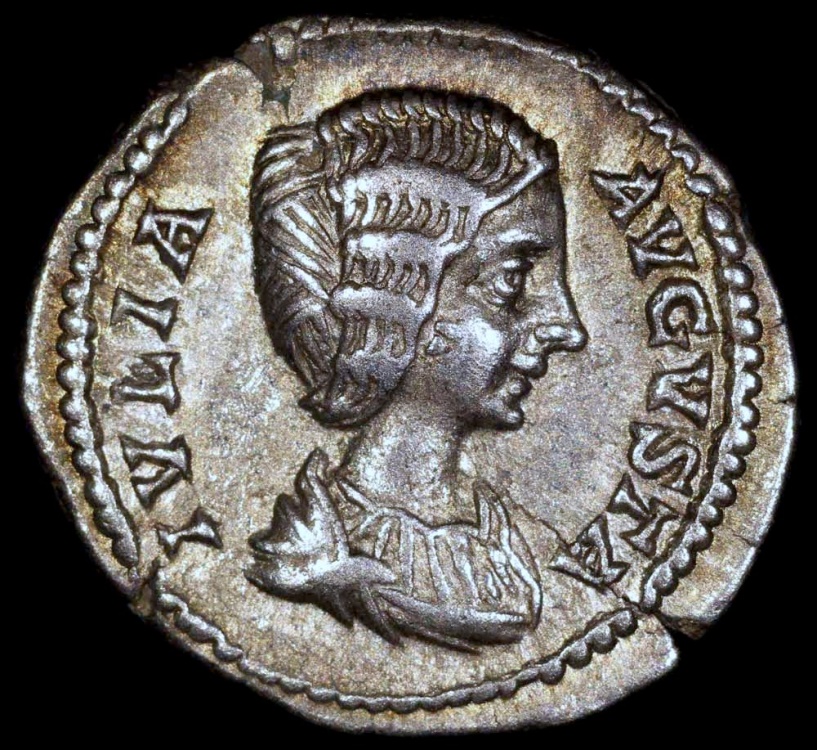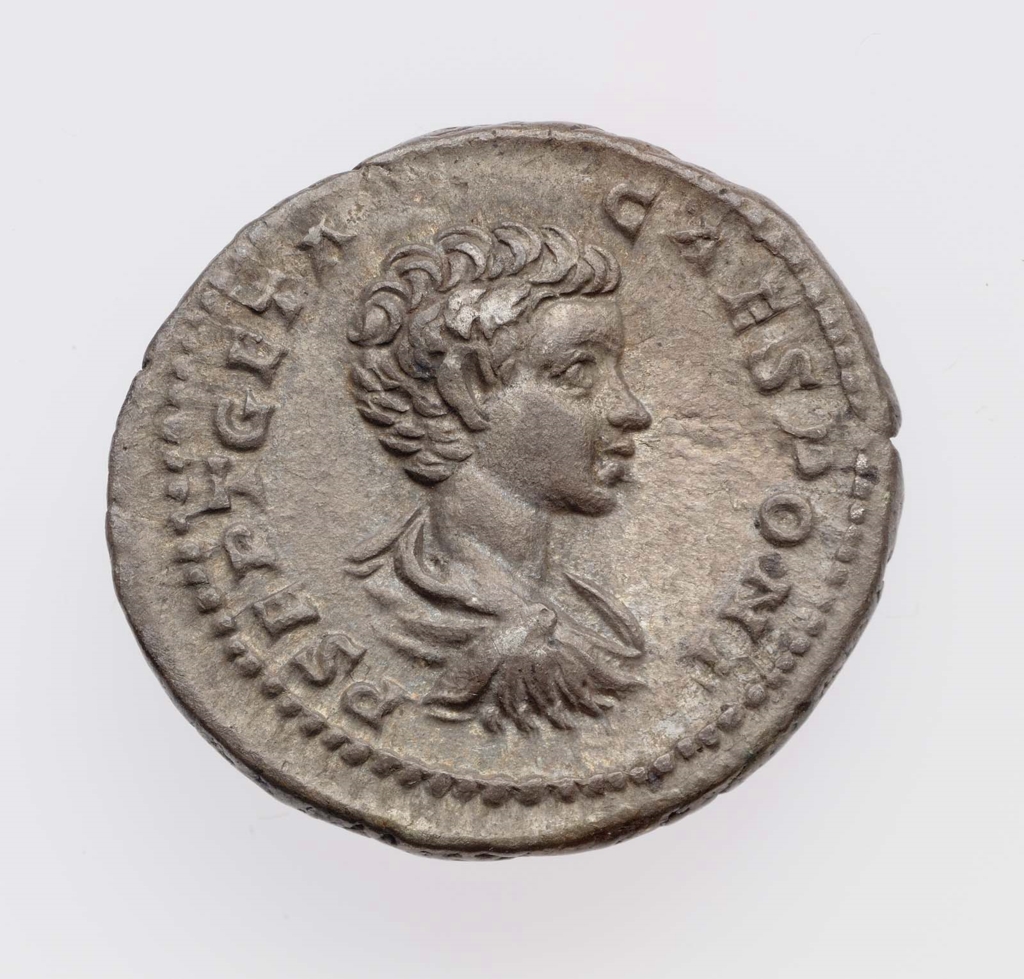
At the Battle of Lugdunum in 197, Severus defeated and killed Albinus, establishing himself as Emperor. When afterwards Severus openly declared his son Caracalla as his successor, Clodius Albinus was hailed emperor by his troops. By offering Clodius Albinus, a powerful governor of Britannia, the rank of Caesar (successor), Severus could focus on his other rival to the throne, Pescennius Niger, whom he defeated at the Battle of Issus in 194. Severus claimed the title of emperor in 193. Severus, coming from the north into Rome, overthrew Julianus and had him executed. Another politician, Didius Julianus, was called to Rome and appointed emperor. But when Pertinax would not meet the Guard's demands, he too was murdered. An elder senator, Pertinax, was appointed by the Praetorian Guard as the new emperor of Rome. Civil warĪfter the Roman emperor Commodus was murdered without an heir in 192, many contenders rushed for the throne, including Domna's husband Severus. She gave birth to their two sons, Lucius Septimius Bassianus (Caracalla) in 188 in Lugdunum, and Publius Septimius Geta the following year in Rome. Domna built "the most splendid reputation" by applying herself to letters and philosophy. The marriage proved happy, and Severus cherished Domna and her political opinions.

Bassianus accepted Severus' marriage proposal in early 187, and in the summer the couple married in Lugdunum (modern-day Lyon, France), of which Severus was the governor. The Augustan History, a generally unreliable source, relates that, after losing his first wife around 186, politician Septimius Severus heard a foretelling of a woman in Syria who would marry a king. Before her marriage, Domna inherited the estate of her paternal great-uncle Julius Agrippa, a former leading centurion. The family had enormous wealth and was promoted to Roman senatorial aristocracy. ĭomna's ancestors were priest kings of the famous temple of Elagabalus. Through Maesa and her husband Julius Avitus, Domna had two nieces: Julia Soaemias and Julia Mamaea, the respective mothers of future Roman emperors Elagabalus ( r. 218–222) and Severus Alexander ( r. 222–235). She was the youngest daughter of the high priest of Baal, Julius Bassianus, and sister to Julia Maesa. Her name, Domna, is an archaic Arabic word meaning "black", referencing the nature of Elagabal which took the form of a black stone. To an Arab family that was part of the Emesan dynasty. Julia Domna was born in Emesa (modern day Homs) in Syria around 160 AD

This marked the start of the Crisis of the Third Century. The dynasty maintained power until 235, when the reign of Emperor Severus Alexander came to an end. The Severan dynasty was restored to power with the accession of Maesa's grandson, Elagabalus, in 218. After the death of Domna, her older sister Julia Maesa successfully contended for political power. They had a conflictual relationship and Domna acted as their mediator, but Caracalla had his brother Geta assassinated later that year.ĭomna committed suicide in 217 upon hearing of Caracalla's assassination in the course of his campaign against Parthia, on which she had accompanied him to Antioch (present-day Antakya, Turkey). Following the death of Severus in 211, Domna became the first empress dowager to receive the title combination " Pia Felix Augusta", which may have implied greater powers being vested in her than what was usual for a Roman empress mother.

After the elder of her sons, Caracalla, started ruling with his father, she was briefly co-empress with Caracalla's wife, Fulvia Plautilla, until the latter fell into disgrace. She received titles such as "Mother of the Invincible Camps". The war ended in 197 with the defeat of the last of Severus's opponents.Īs empress, Domna was famous for her political, social, and philosophical influence. A civil war over the Roman throne broke out in 193, and shortly afterwards Severus declared himself emperor. In 187, she married Severus, who at the time was governor of the Roman province of Gallia Lugdunensis. Domna was born in Emesa (present-day Homs) in Roman Syria to an Arab family of priests of the deity Elagabalus. She was the first empress of the Severan dynasty. 160 – 217 AD) was Roman empress from 193 to 211 as the wife of Emperor Septimius Severus.


 0 kommentar(er)
0 kommentar(er)
